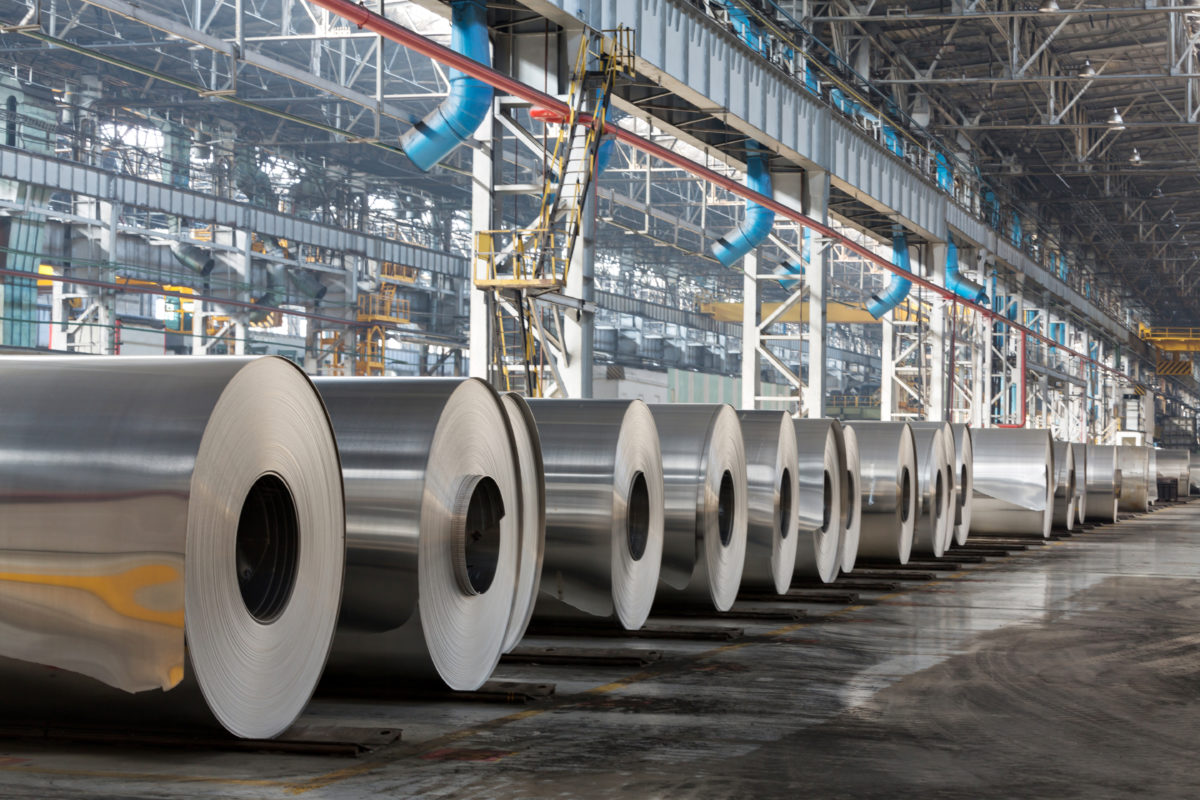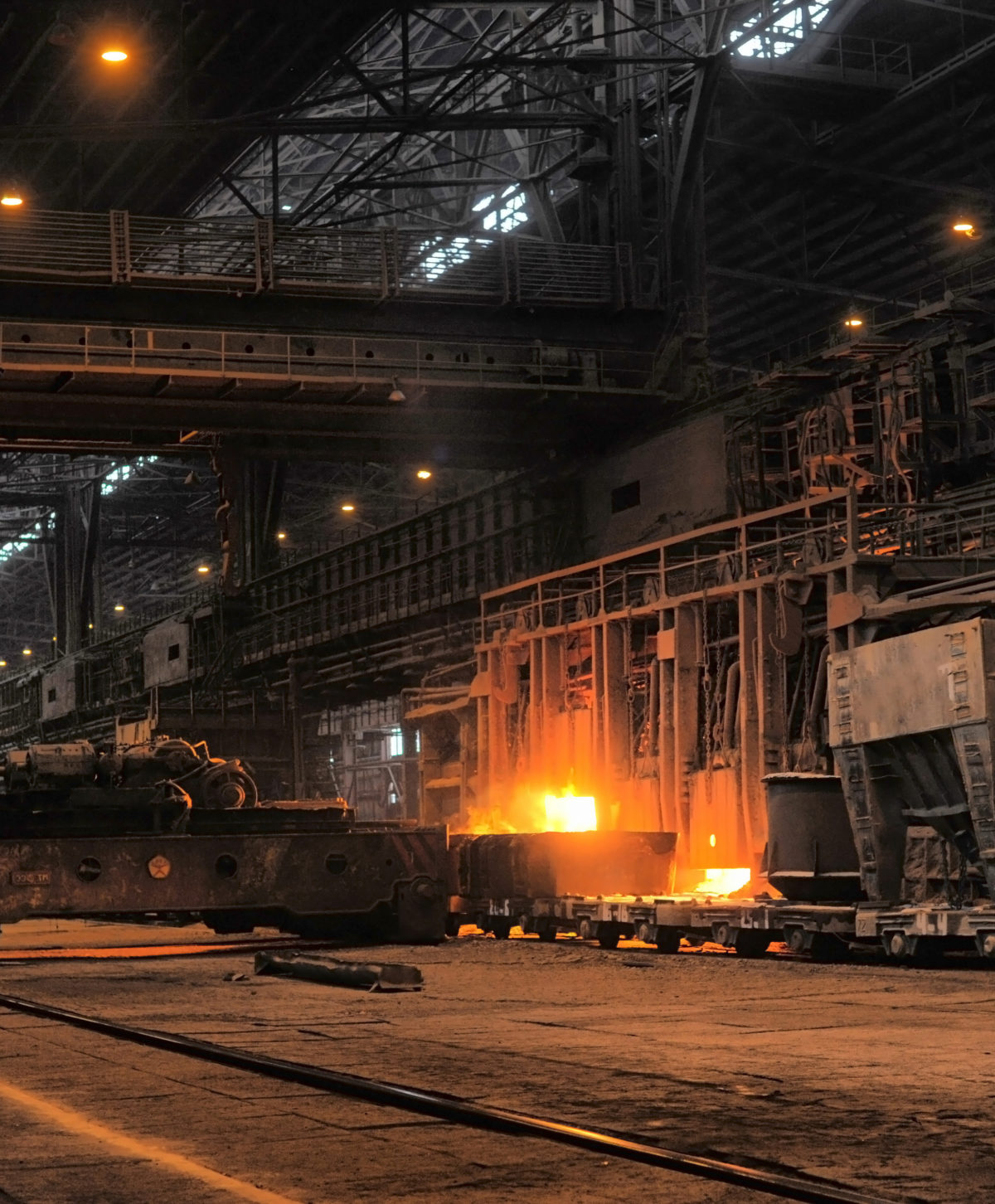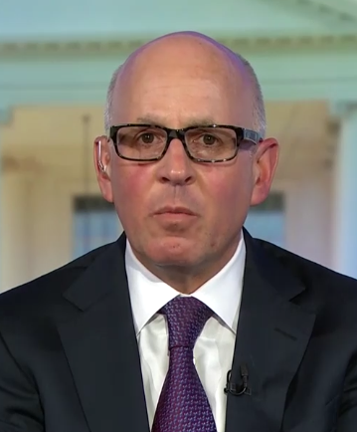HAWESVILLE, Ky. — President Trump’s aluminum tariffs have rattled global businesses, set off retaliatory levies and started to eat into profits of some major American companies.
But they have also provided a lifeline to other United States businesses, like Century Aluminum, the struggling smelter in Kentucky that is at the heart of Mr. Trump’s trade fight.
After years of foreign competition that eroded Century’s market share, prompted layoffs and put its smelter here on the brink of perpetual collapse, the company is now riding high.
Century is planning to invest over $150 million to more than double output at the plant, and add 275 jobs in the process. The average salary and benefits package for a worker is $90,000 a year.
On Wednesday, Wilbur Ross, the commerce secretary, took a victory lap to mark the revival of Century, which is reaping the dividends of Mr. Trump’s trade war.
“It’s days like this that I hoped would happen when I took the job in Washington,” Mr. Ross, a former steel magnate, said to a room of workers at the plant here. “We’re going to keep going, despite what the naysayers say.”
Century’s victory is no accident. For years, the company lobbied the United States government to take action to protect the aluminum industry, advocating tariffs and other trade barriers to stop imports of cheap metal from China.
According to the Commerce Department, the United States accounts for just 1 percent of global aluminum output and imports accounted for 90 percent of the aluminum market in the United States last year. China produces 49 times more aluminum than the United States, where only six smelters remain.
Century has faced years of layoffs and its smelter here has several times been on the brink of shutting down. In 2015, it slowed production to 40 percent of its maximum capacity, cutting about 300 jobs. It was not until Mr. Trump decided this year to impose tariffs of 10 percent on aluminum and 25 percent on steel — saying that foreign metals posed a national security risk — that the company received the lifeline it was looking for.
“There was a significant risk of shutting down this year,” Jesse E. Gary, Century’s general counsel.
In a state with two Republican senators and a Republican governor, this is what workers who voted for Mr. Trump wanted when they took a chance and cast their ballots for him in 2016.
“If someone else had been elected, this might not have happened,” said Coy Zuelly, a process technician at Century who was laid off in 2015 and has since been rehired.
Mr. Zuelly, who voted for President Barack Obama, said he supported Mr. Trump because of his commitment to protecting American manufacturing jobs with tariffs.
Despite the new signs of hope in Hawesville, the prospects for the American aluminum industry and the broader economic impact from Mr. Trump’s tariffs remain uncertain. Several large companies, including Campbell Soup, Daimler, General Motors and Mondelez have all cited tariff-related costs, including retaliatory duties and trade uncertainty, as a drag on profits.
The Aluminum Association, a lobbying group, opposed Mr. Trump’s across-the-board tariffs because, while they benefit primary domestic producers like Century, they are raising costs further down the aluminum supply chain.
Even Alcoa, the other big aluminum producer in the country, opposed the tariffs. The company, which imports much of its aluminum from facilities in Canada, is being hit by the new duties and has asked the Commerce Department for an exemption so it can avoid the 10 percent tax. Last month, Alcoa said that the tariffs could cost the company $100 million this year.
“It’s hard to parse out because we see jobs coming back at Century and other industries that are potentially hurt by it,” said Jack Mazurak, a spokesman for the Kentucky Cabinet for Economic Development. “The further down the manufacturing stream you go, the closer to the finished product, you would see resistance or companies that are saying they may be impacted.”
Chad P. Bown, a trade expert at the Peterson Institute for International Economics, said it was too soon to say what the net effects on the aluminum industry would be. Most of the aluminum sector’s jobs are secondary markets, and it is unclear how they will handle the higher prices once they are passed on. Potentially, more jobs in the aluminum market could be lost than gained by Mr. Trump’s tariffs.
“With the exception of Century, virtually everyone else did not want tariffs,” Mr. Bown said.
Despite the impact on other American businesses, Century has not relented in its campaign to keep the tariffs as punishing as possible. It has been among the most frequent objectors to companies seeking exclusions to the tariffs, according to an analysis by The New York Times. Of the 215 objections to aluminum exclusion requests filed with the Commerce Department, more than half came from Century.
The department has denied a total of 112 requests, including 15 that Century sought. Another 21 of its objections were essentially tossed out because they were not deemed valid by the department.
While Century is benefiting from Mr. Trump’s trade policies, retaliation from Europe and China has dealt a blow to other industries in Kentucky, like spirits, negating the lift that the state is receiving from greater aluminum production.
“Clearly, these tariffs are making our American whiskeys less competitive, and may result in international spirits consumers choosing other spirits categories,” said Frank Coleman, senior vice president at the Distilled Spirits Council. “Depending on how long these are in place, the impact will be felt across the United States throughout the entire supply chain, from farmers to suppliers.”
Mr. Ross, however, played down the consequences for the whiskey industry, musing on Wednesday that a dedicated bourbon drinker was unlikely to switch to wine because of a small price increase.
The aluminum industry’s top priority remains persuading China to curb its overcapacity, but thus far the Trump administration’s negotiations on that front have produced little agreement. A delegation of midlevel Chinese economic policy officials came to Washington on Wednesday to revive trade negotiations at the Treasury Department, but Mr. Ross said he was not optimistic about a breakthrough.
Mr. Ross praised Century’s executives for their commitment to producing aluminum despite the tough competition. Dressed in a blue blazer, khakis and a hard hat with a sticker of the American flag, he cut a red ribbon to commemorate the plant and accepted a desk plaque labeled U.S.A. that was cast from aluminum made from the first smelting pot that had been restarted.
Still, the pressures of Washington could not be easily escaped.
“It will probably take the Office of Government Ethics months to approve this gift, but once they do, I will put it in my office,” Mr. Ross said.



